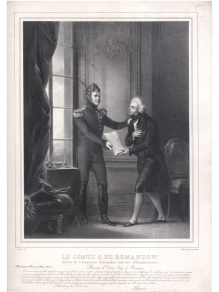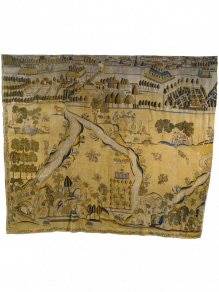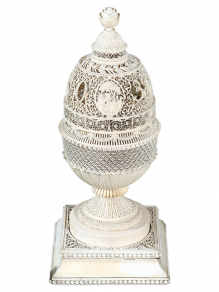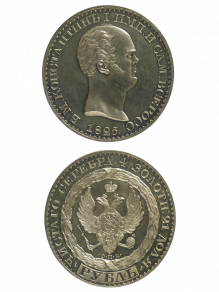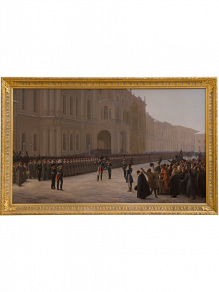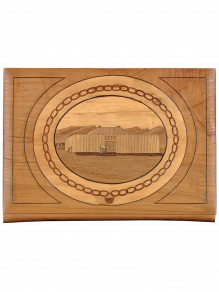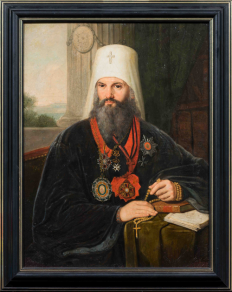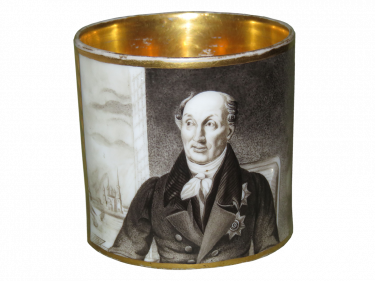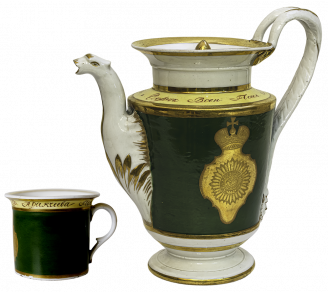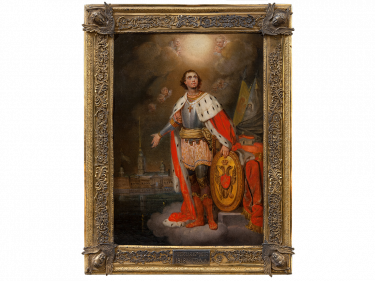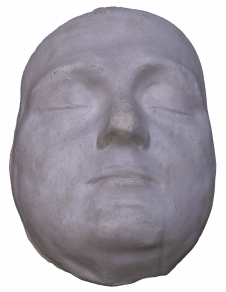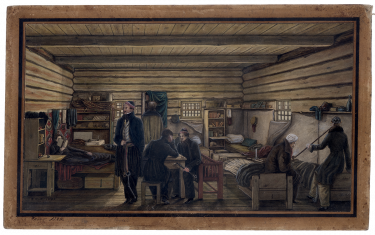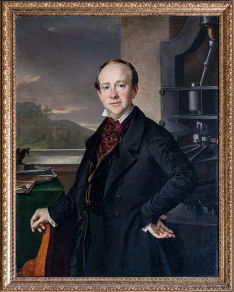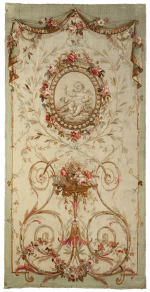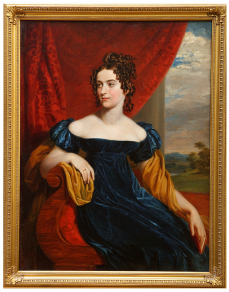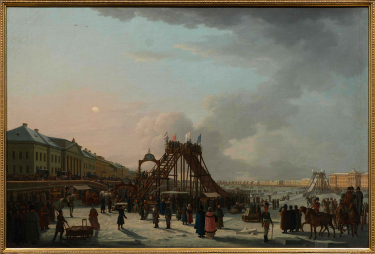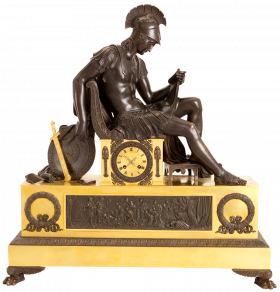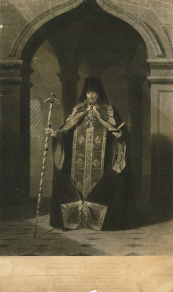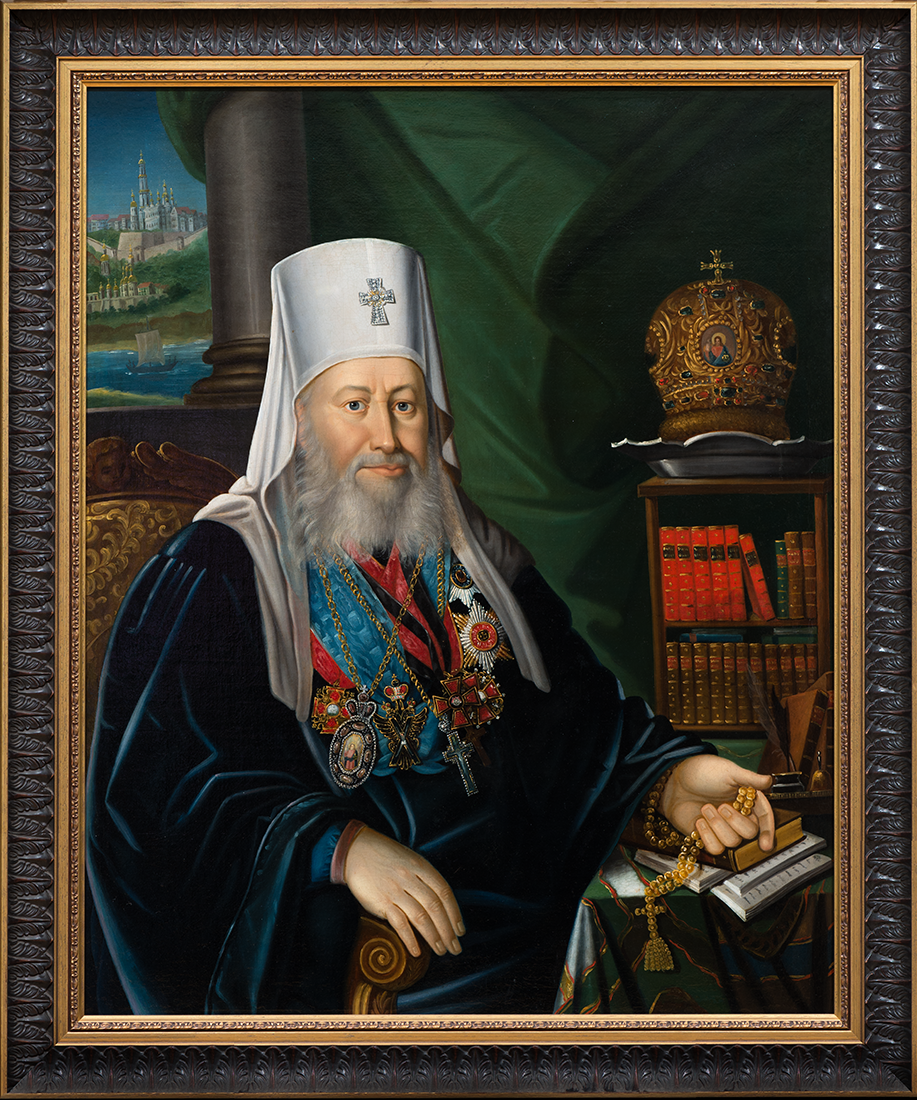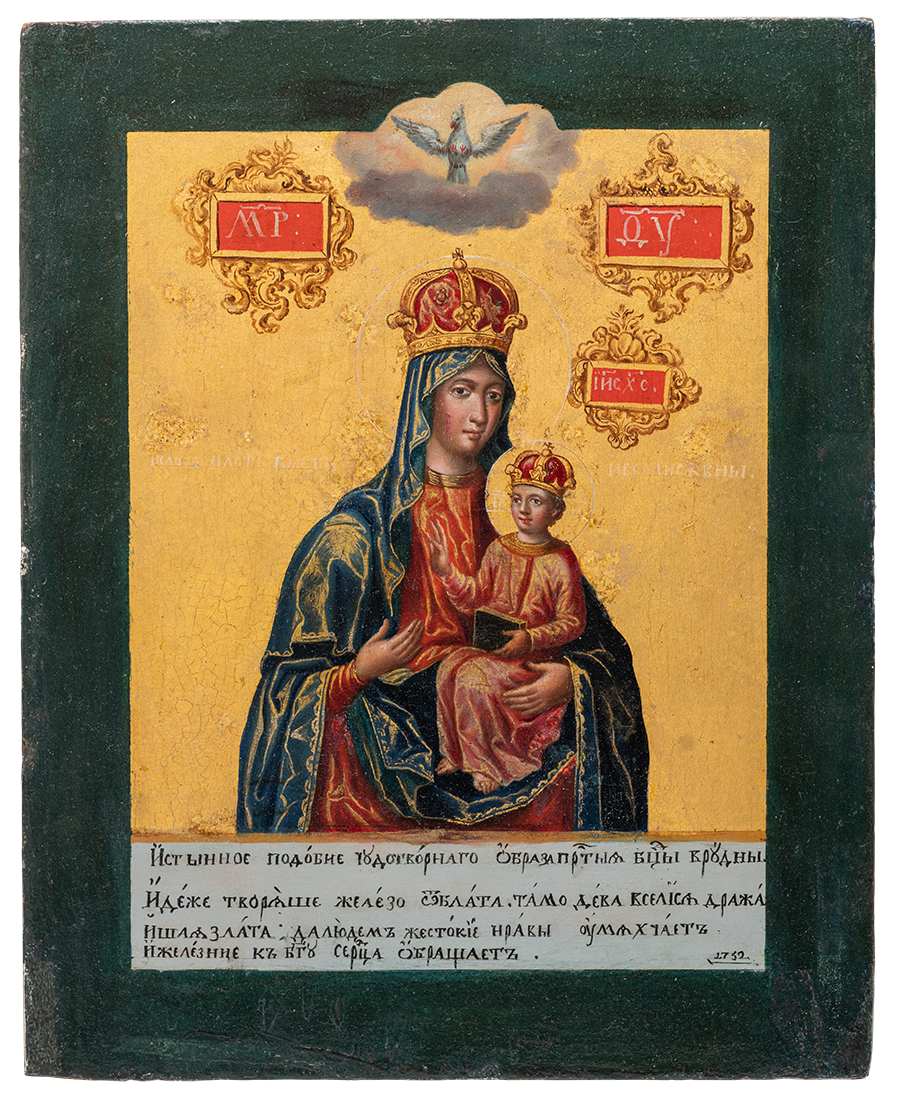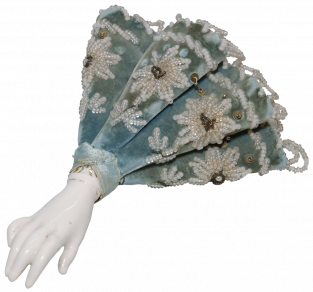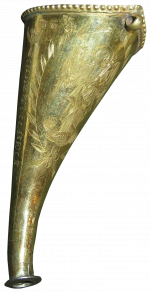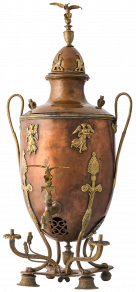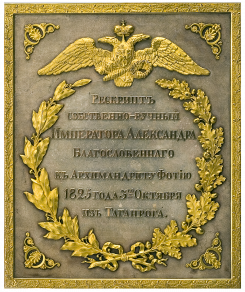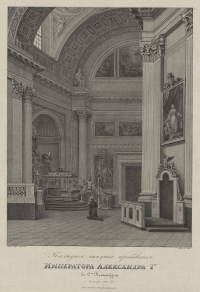Russia in the time of Emperor Alexander I. Autocracy and society
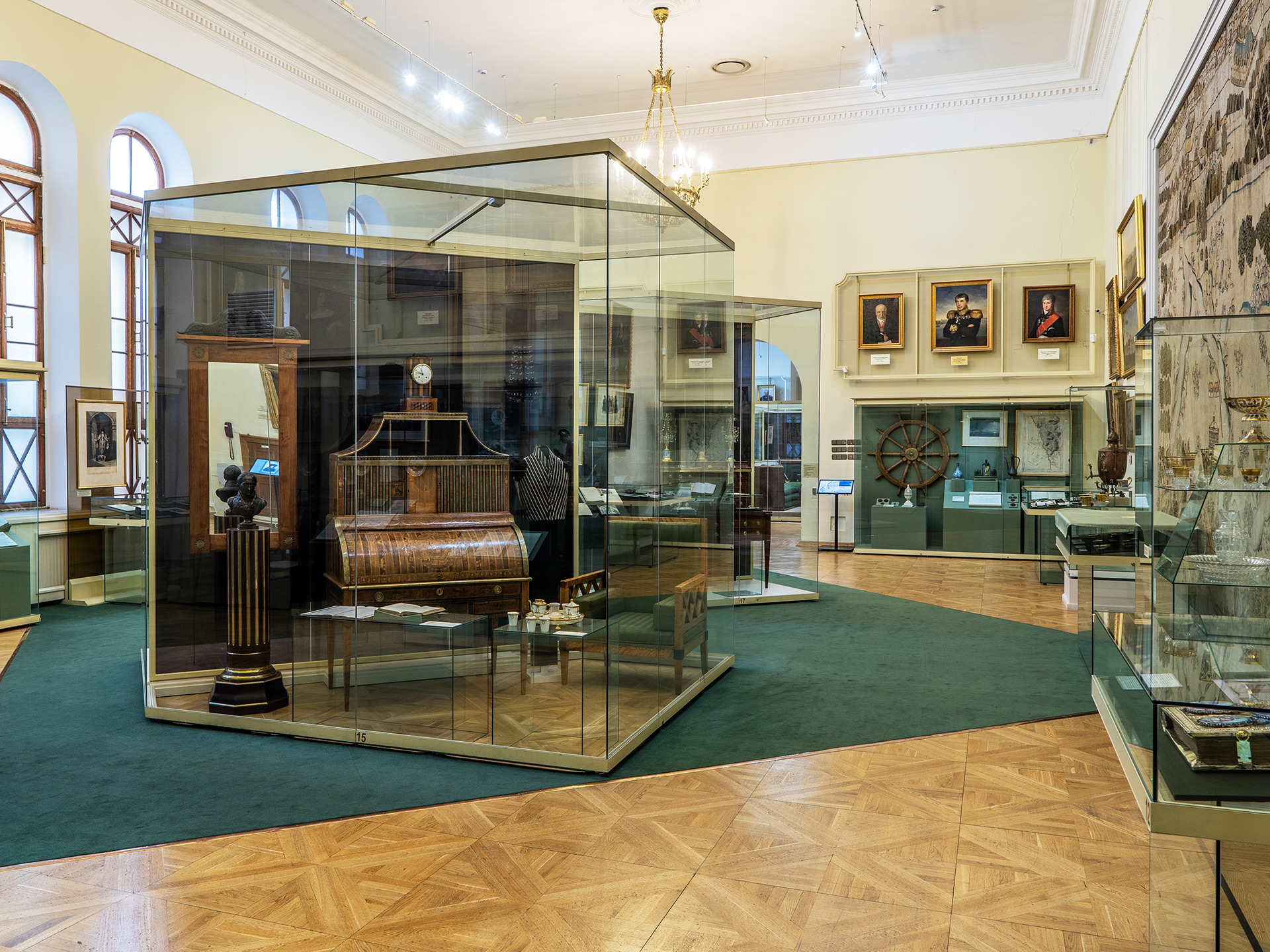
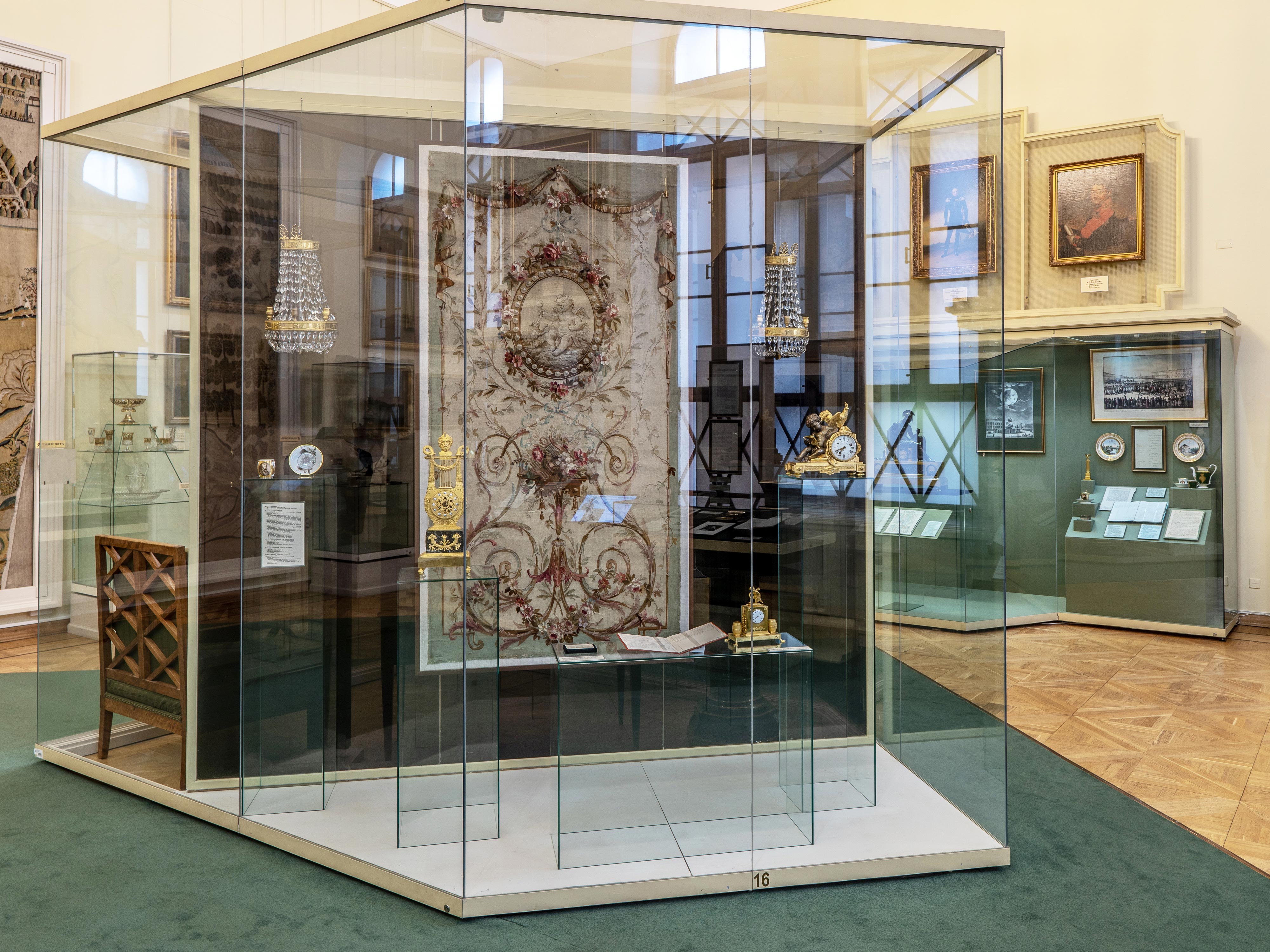
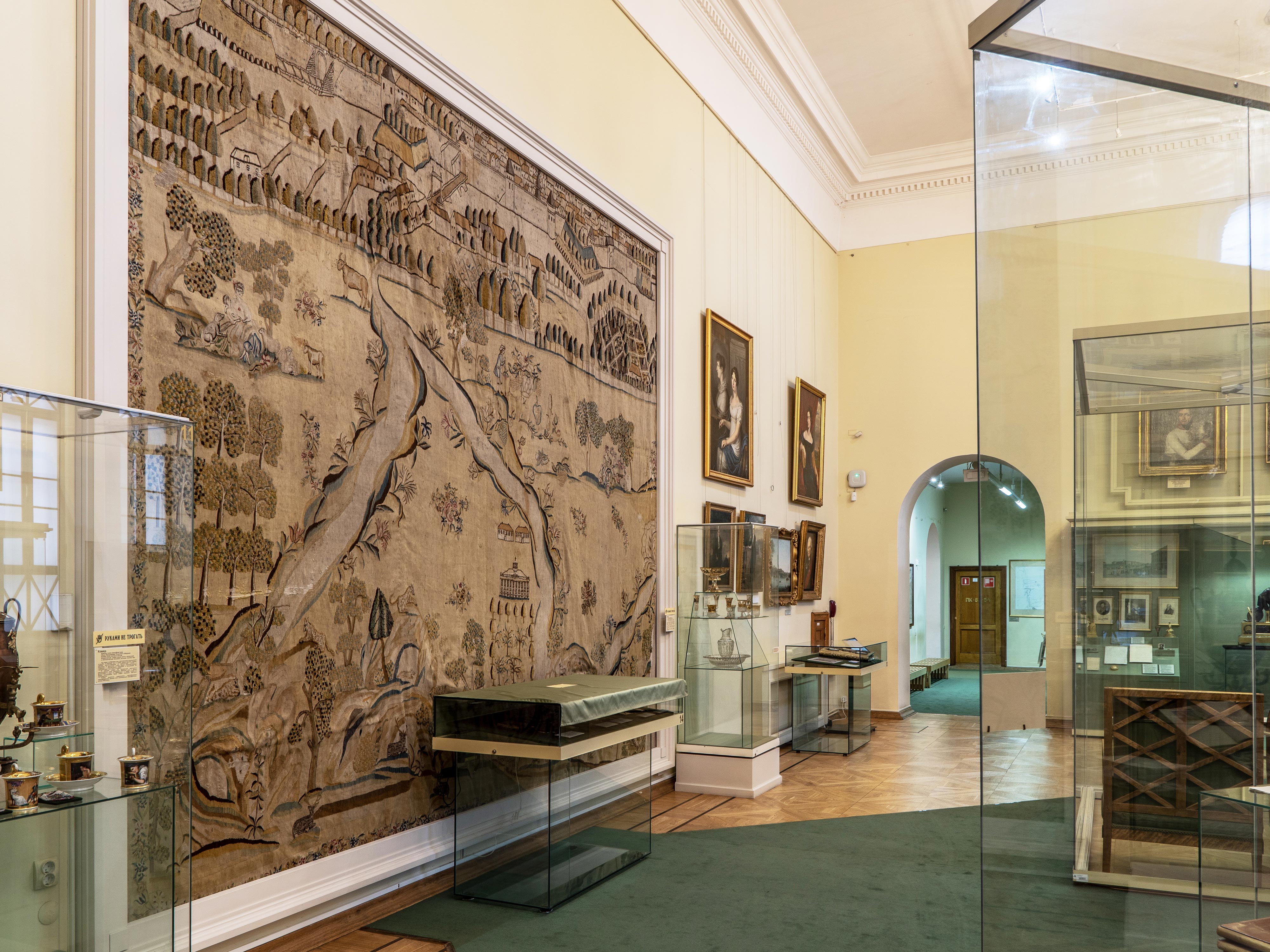
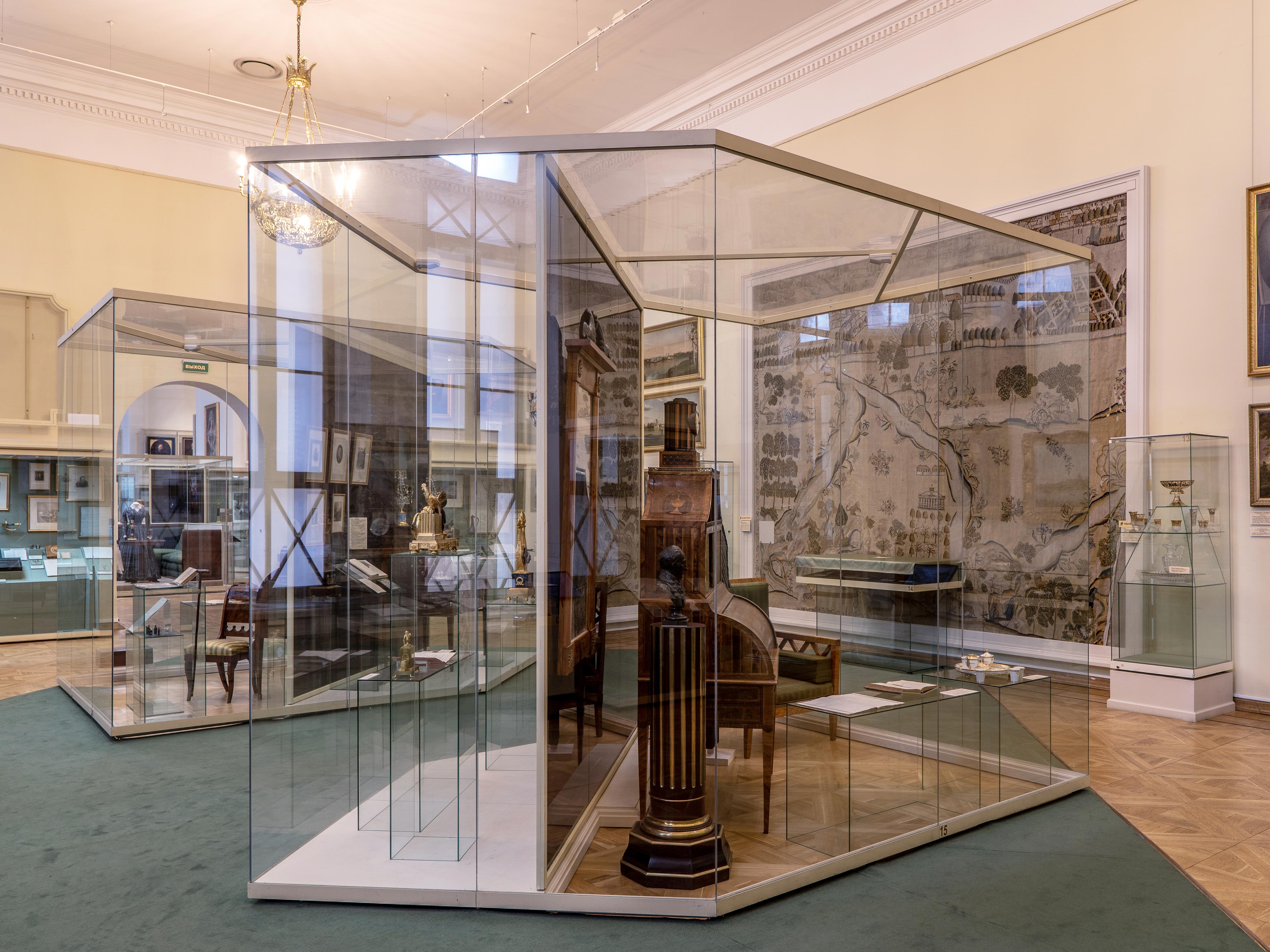
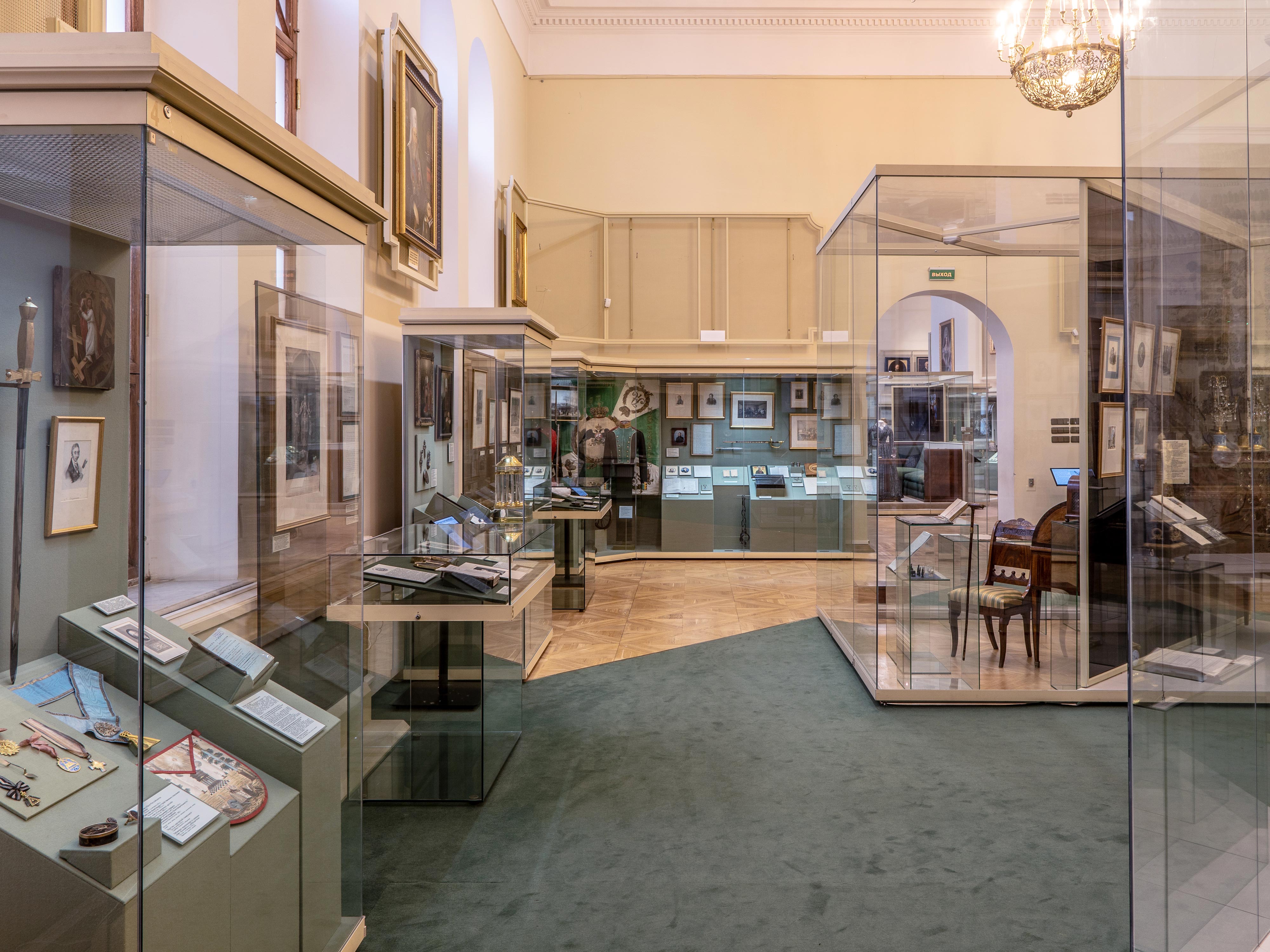
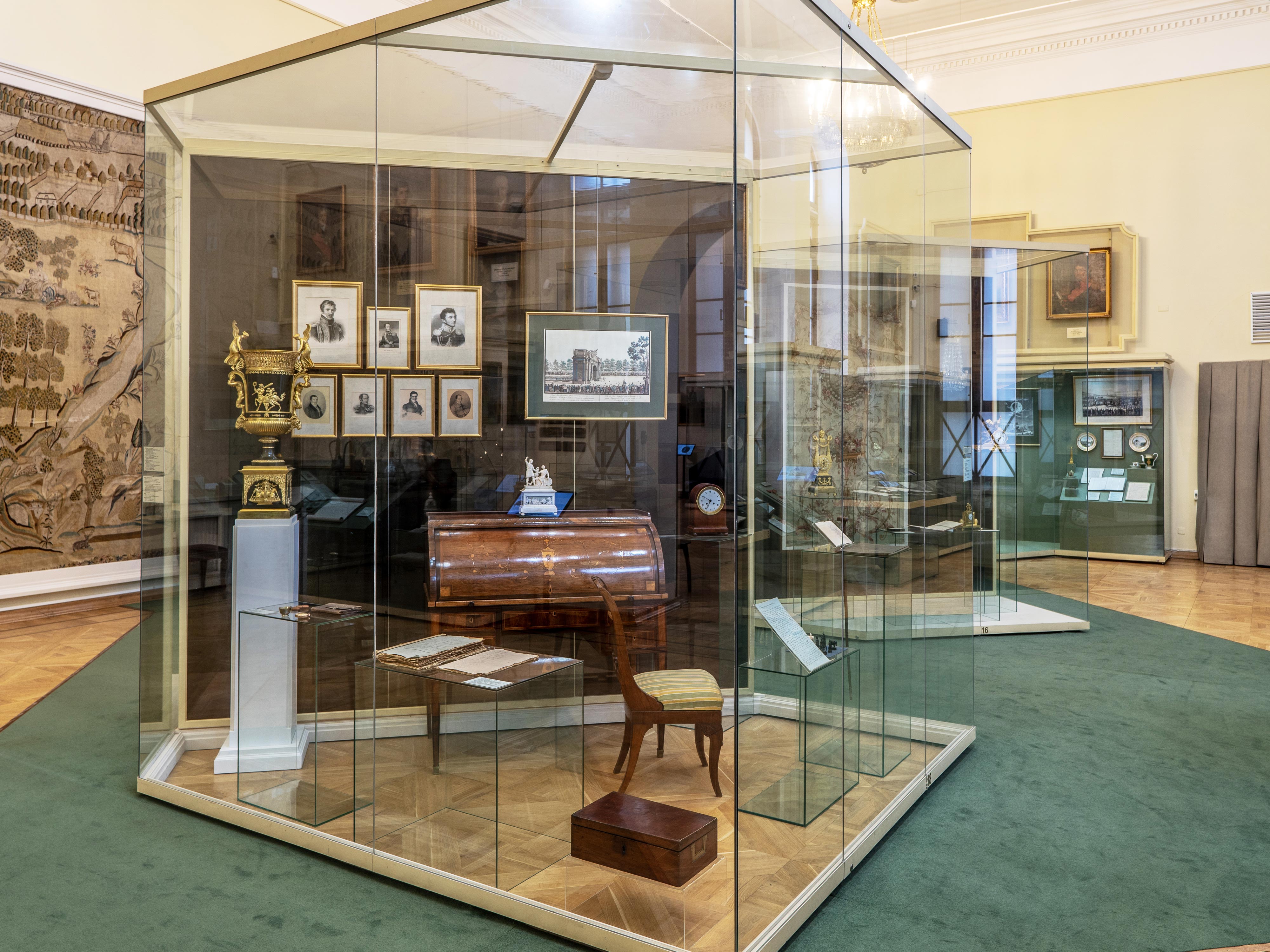
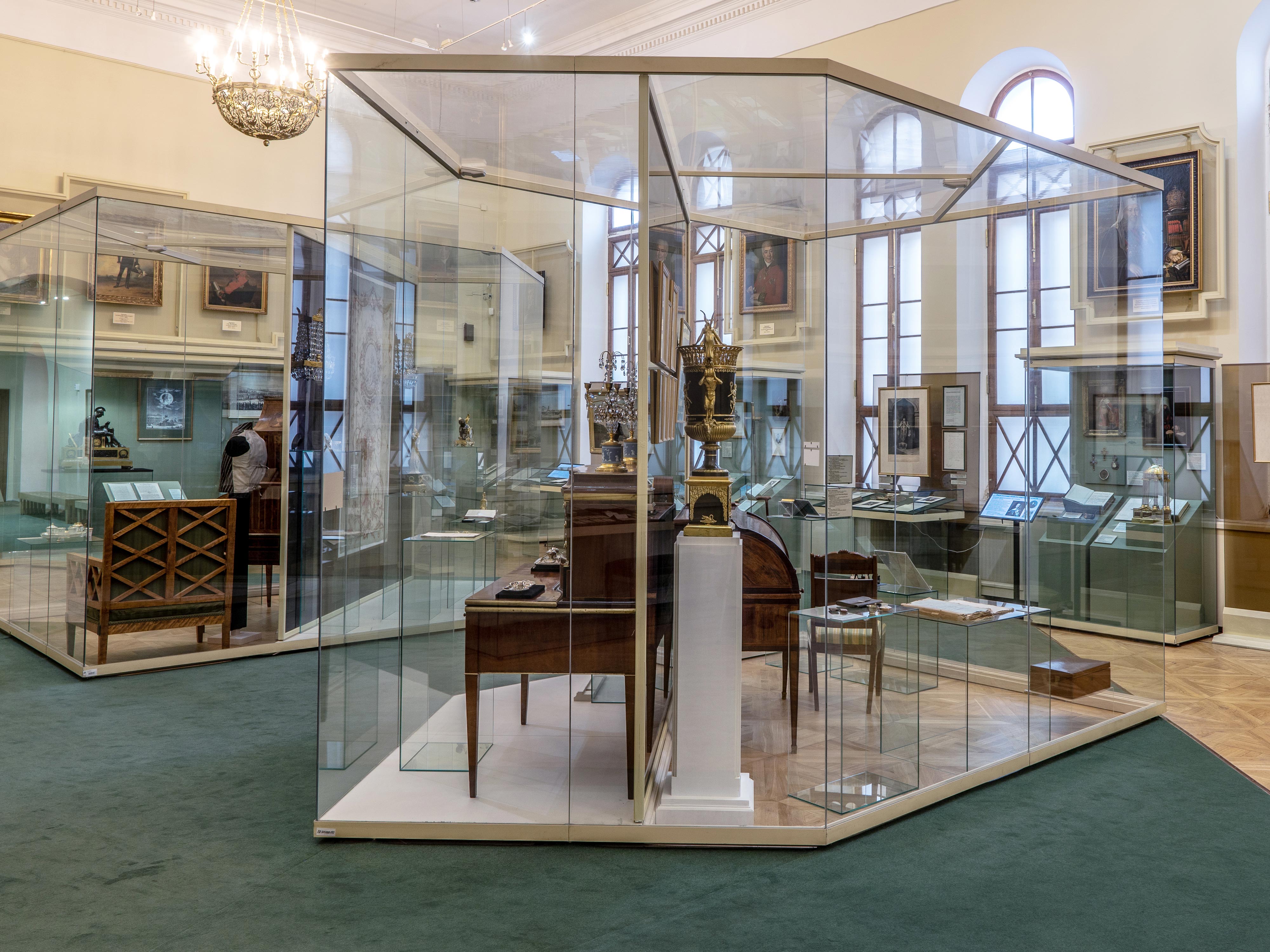
The symbolic starting point of the new era was 1801, when Alexander I (1777–1825) ascended the Russian throne. The Emperor intended to carry out the most extensive transformations. By 1810, a project of radical reorganization of Russia was prepared. It included the establishment of the Constitutional system and the liberation of peasants from serfdom. The young Tsar loved by everyone welcomed economic initiatives, transformations in education, science and culture.
Many good beginnings of the era were restrained by long-term confrontation with Napoleon's France, which conquered most of Europe. In June 1812, the 600-thousand army of Napoleon invaded Russia. The unity of all classes during the Patriotic war of 1812 ensured its victorious conclusion. After fighting in Europe, in the spring of 1814 the Russian and allied armies triumphantly entered Paris.
After the war, Russia experienced a public upsurge. The interest to the country's past has increased, the reality was perceived "from a historical perspective". In 1818 was published "The History of the Russian state" by N.M.Karamzin. The edition of three thousand copies was sold in 25 days. A.S.Pushkin wrote: "High society people rushed to read the History of their own Fatherland. It became a revelation to them. Old Russia seemed to be discovered by Karamzin same as America by Columbus."
New values and energy of the winners produced an impulse to emergence of a number of societies of Nobility: literary, artistic, scientific, religious and political. The sense of being citizen, nurtured by war and liberal education, led to creation of the first political societies – the "Union of Salvation" and "Union of Prosperity", whose task was to assist the Authorities in implementing reforms and overcoming the social and economic backwardness of Russia.
Simultaneously flourished a European fashion, Freemasonry, with its stunning and mysterious rituals and ideas of all-class brotherhood, charity challenges and fantasies about "living" religion. In the postwar period, the mystical attitude to the triumph of Russia over the "invincible" Napoleon, cultivated by the Emperor himself, led to increase of number of religious societies. The most representative of them was the Russian Bible society.
Listening to public opinion the government balanced between reforms and protective measures. Under development were projects for the Abolition of serfdom; was carried out liberation of the peasants in the Baltic provinces; in Poland and Finland was introduced representative rule; Russian Constitution was developed in great secret. At the same time, in 1816, in order to overcome financial problems and maintain the army, were established military settlements, which earned fame as the worst type of serfdom.
After a sudden death of Alexander I, taking advantage of the refusal of the crown Prince Constantine (1779–1831) to take the Throne, the leaders of secret political societies dared to a coup. On December 14, 1825 they brought around three thousand troops to the Senate Square in St. Petersburg. The revolt was suppressed, 579 people were questioned, prosecuted and punished; five were sentenced to death by the Supreme court and executed; over a 100 were exiled to penal servitude in Siberia. Thus, ended the era of the triumphant Alexander.
